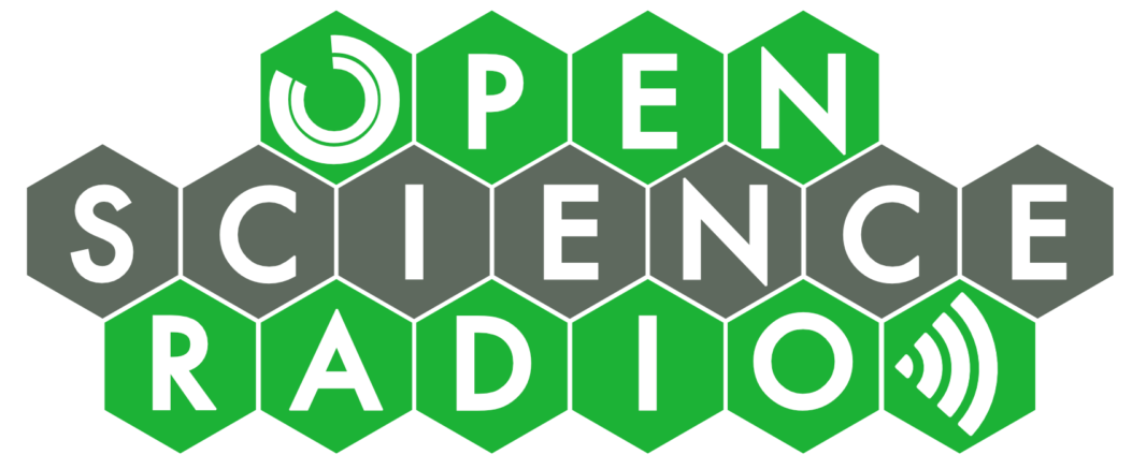The National Research Data Infrastructure for Germany – NFDI for short – has been under construction since 2018. Its goal is as simple as it is complex: to systematically open up the valuable data resources of science and research for the entire German science system, to network them, and thus to make them more usable. This would create a sustainable and flexible digital knowledge repository for all research areas, which in turn can be an indispensable prerequisite for new research questions, findings and innovations. In order to gain an insight into the development of the NFDI, its organs and their tasks, but above all to get an overview of the consortia that have been set up in 3 rounds, we have invited the man who probably knows the most about it at the moment: Prof. Dr. York Sure-Vetter, the current director of the NFDI.
And York did not disappoint.
At the Barcamp Open Science 2021 Konrad had the chance to have a brief wrap-up interview with Christian Freisleben, who hosted a session on Learner-generated content as Open Educational Resources, which was organized as OER itself.
At the Barcamp Open Science 2021 Konrad had the chance to have a brief wrap-up interview with Thomas Lösch, who hosted a session together with Sonja Bayer on (Re-)using available research data in the social, educational, behavioural and economic sciences. The session was intended to get an overview of what the current state was, how data is data used and what works when it comes to data reusability?
At the Barcamp Open Science 2021 Konrad had the chance to have a brief session wrap-up with Peter Kraker, who hosted a session together with Michaela Vignolio on Open Knowledge Maps Custom Services to discuss early ideas for the new customisable cloud services that were planned to be embedded in libraries’ discovery services to add instant visual capabilities.
By the way, at the time of publication of this interview, the custom services are available as a feature for members.
AND: Open Knowledge Maps just hit the milestone of 1,000,000 Knowledge Maps! Congrats Peter and the team!
At the Barcamp Open Science 2021, Antonella Succurro gave a session on Privacy preserving Open Data highlighting „…how the support from data privacy officers or external trustees is often not sufficient to face the challenges of highly specific data, which might come from new technologies and have yet to be standardized.“ Konrad had the opportunity to talk to her afterwards.

Nachdem wir von Episode 199 zur 200 schon 10 Monate gebraucht haben, ist’s auch dieses Mal wieder sehr lang geworden. Manchmal kommt das Leben halt zwischen die eigenen Pläne und dann muss man etwas pausieren, ob es einem passt, oder nicht. ABER, getreu dem Motto „Unkraut vergeht nicht“ sind wir zurück und willens zu bleiben.
Und wir stellen fest, dass in unserer Absenz weniger getan hat, als uns lieb wäre. Das Thema hat vor allem an politischem und strategischen Gewicht gewonnen und ist zumindest auf der Policy-Ebene weiter angekommen. Wir stellen aber auch fest, dass die Umsetzung weitestgehend noch aussteht. Also heißt es für uns, wie auch für die wissenschaftlichen und politischen Akteure: Dranbleiben!
Ob wir hier an dieser Stelle etwas ändern, oder in alter Manier weitermachen, werden wir sehen. Es gibt auf jeden Fall ein paar größere Themen, die wir in nächster Zeit von verschiedenen Perspektiven und wahrscheinlich über mehrere Episoden hinweg erschließen wollen. Und wir haben auch noch ein paar „ältere“ Sachen auf Lager die wir in den Feed werfen werden – wobei das einzig „alte“ daran das Aufnahmedatum sein dürfte, denn thematisch ist da nicht viel gealtert.
An diese Stelle also schon einmal vielen Dank für Eure Geduld und dass Ihr uns weiter treu geblieben seid. Und noch ein kurzer Hinweis in eigener Sache: wir haben das Blog und den Feed kürzlich auf HTTPS umgestellt (ja, jetzt erst!). Das sollte Euch eigenlicht nicht weiter beeinträchtigen, sollten aber die neuen Episoden nicht in dem von Euch abonnierten Feed erscheinen, vielleicht noch einmal neu abonnieren.






